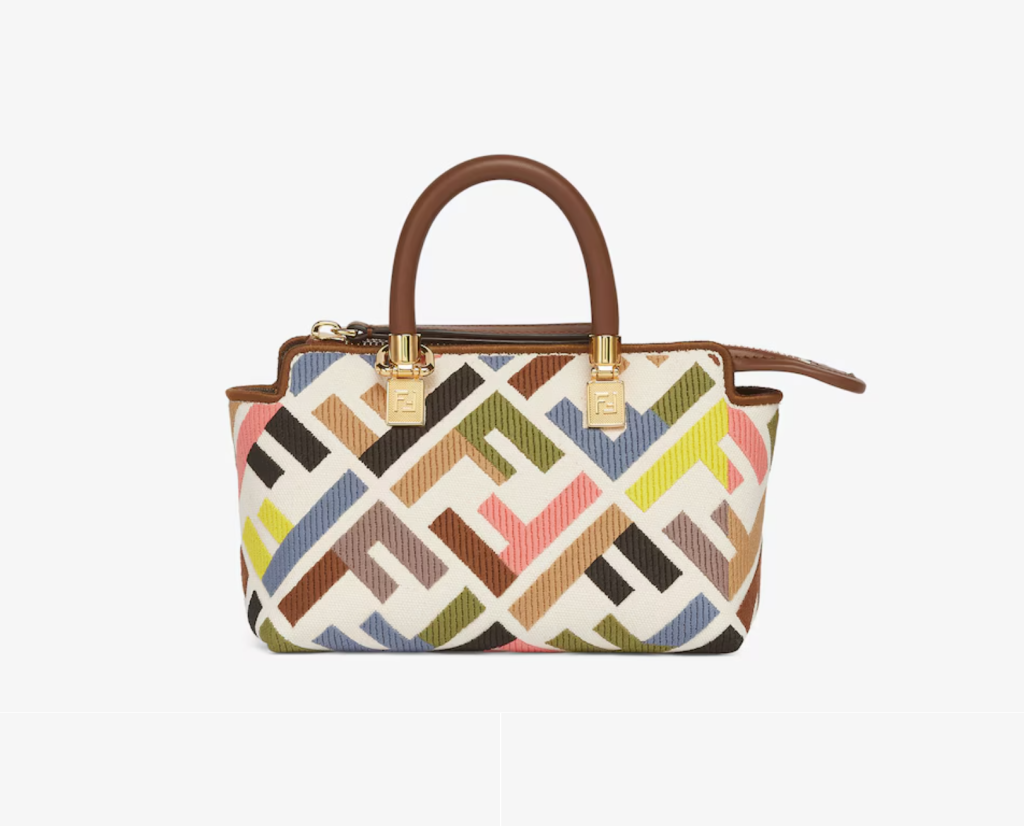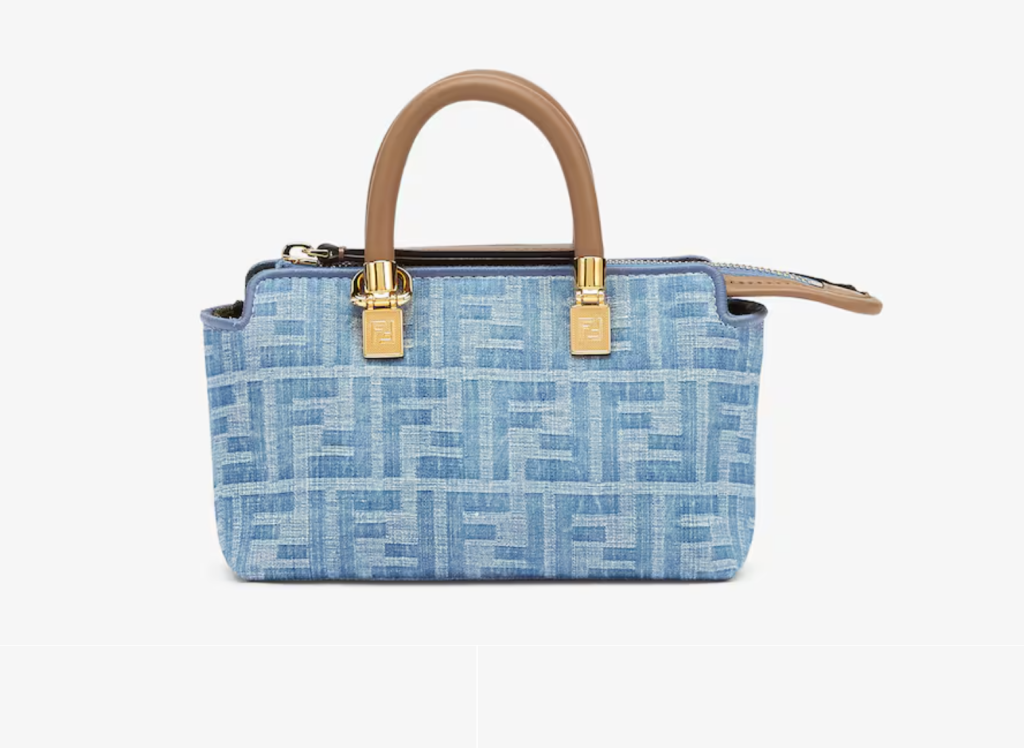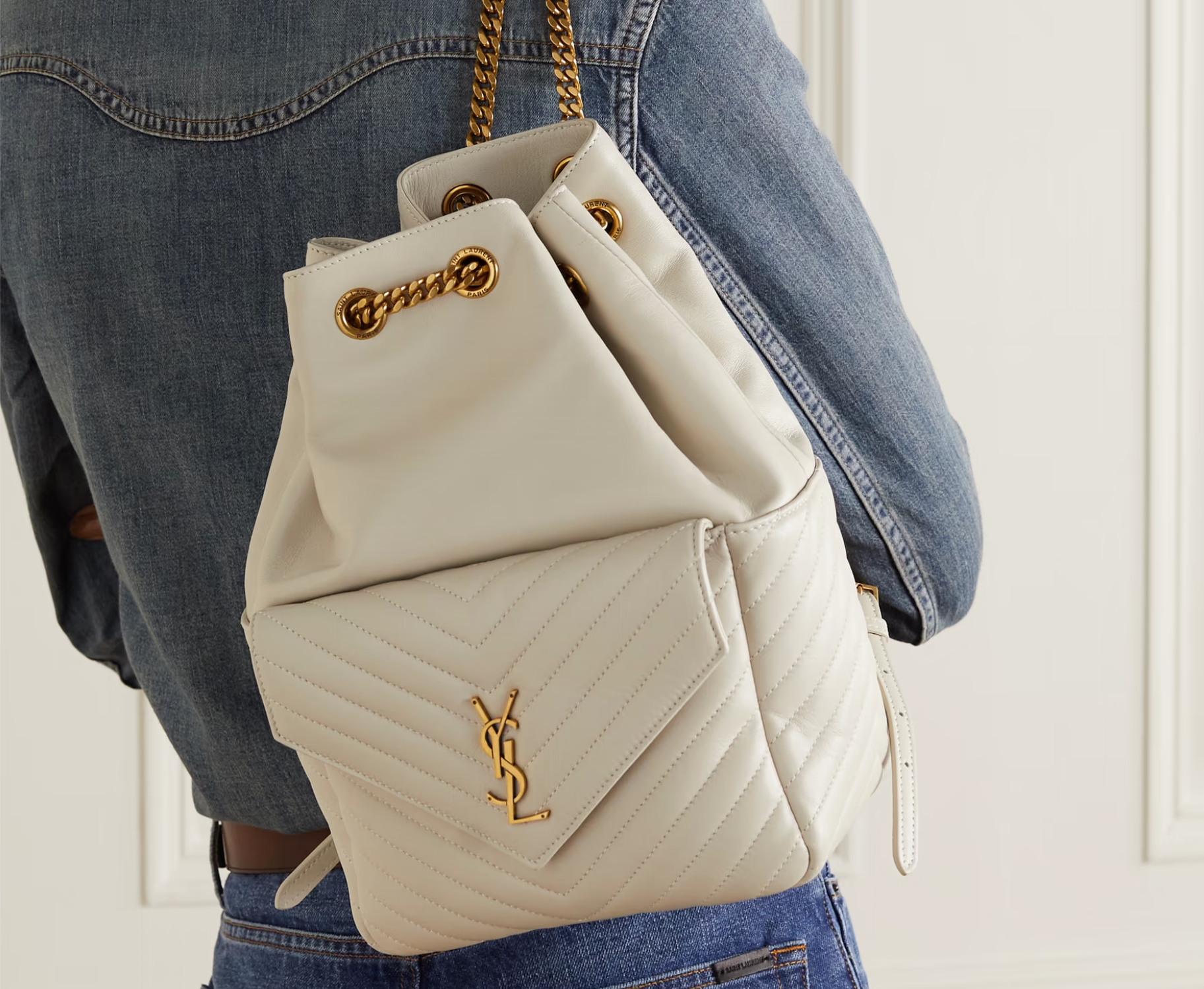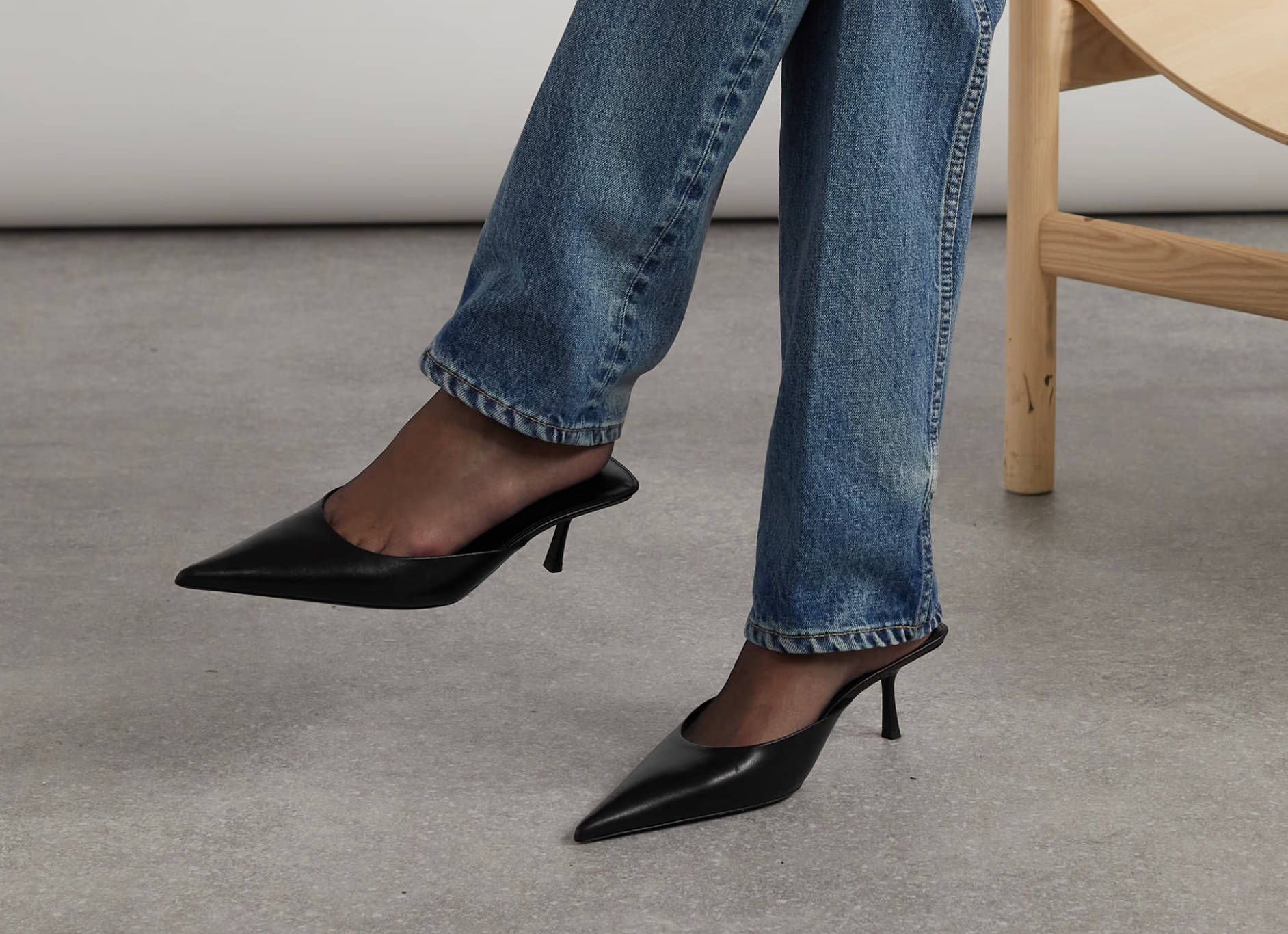As the fashion industry continues to pivot towards sustainability, Boston bags are evolving to meet the demands of eco-conscious consumers. The year 2024 promises a range of Boston bags made from sustainable materials and designed with both style and environmental impact in mind. Here’s a comprehensive guide to the most eco-friendly Boston bags and the trends driving this shift.

The Rise of Sustainable Fashion
The fashion industry is undergoing a significant transformation, with a growing emphasis on sustainability. This change is driven by increased consumer awareness of environmental issues, leading to a demand for eco-friendly products. Sustainable fashion reduces waste, uses eco-friendly materials, and ensures ethical manufacturing processes .
Key Sustainable Materials for Boston Bags
- Recycled Materials
- Recycled Polyester and Nylon: These materials are made from recycled plastic bottles and old fishing nets, reducing waste and minimizing the use of virgin resources. Brands like Pixie Mood use recycled PU and linings made from recycled bottles, ensuring a lower environmental footprint.
- Upcycled Fabrics: Upcycling involves transforming old or discarded materials into new products. This method reduces waste and creates unique, one-of-a-kind pieces. Designers are now repurposing vintage fabrics to create stylish and eco-friendly Boston bags.
- Plant-Based Leathers
- Piñatex® (Pineapple Leather): Made from pineapple leaf fibers, Piñatex is a sustainable alternative to traditional leather. It’s durable, versatile, and significantly less harmful to the environment.
- Apple Leather and Cactus Leather: These innovative materials are derived from agricultural waste and cactus plants, offering a cruelty-free and eco-friendly option for Boston bags .
- Organic and Natural Fibers
- Organic Cotton: Grown without synthetic pesticides or fertilizers, organic cotton is a sustainable choice that reduces the environmental impact of conventional cotton farming.
- Hemp and Jute: These natural fibers are highly sustainable due to their minimal water requirements and ability to grow in various climates. They are also biodegradable, making them an excellent choice for eco-friendly Boston bags.
Sustainable Design Trends for 2024
- Circular FashionCircular fashion aims to extend the lifecycle of products through repair, refurbishment, and recycling. Brands encourage customers to return old bags for upcycling or proper disposal, promoting a more sustainable fashion ecosystem .
- Modular and Customizable DesignsModular designs allow consumers to customize their bags with interchangeable components, such as detachable pouches and adjustable straps. This flexibility caters to individual preferences and reduces the need for multiple bags, supporting a minimalist lifestyle.
- Waterless Dyeing TechniquesTraditional dyeing processes consume vast amounts of water and produce harmful chemical runoff. Waterless dyeing techniques, such as air dyeing and digital printing, significantly reduce water consumption and minimize environmental impact.
- Transparent Supply ChainsTransparency in the supply chain has become crucial, with brands providing detailed information about sourcing materials and manufacturing processes. This practice ensures that consumers can make informed decisions and supports ethical labor practices .
Top Sustainable Boston Bag Brands for 2024
- Pixie MoodKnown for its stylish and functional designs, Pixie Mood uses recycled PU and linings made from recycled plastic bottles. Their commitment to sustainability includes carbon offsetting and biodegradable packaging .
- Made TradeThis brand offers a wide range of eco-friendly bags made from cactus leather, organic cotton, and cork. Made Trade emphasizes fair Trade and ethical production practices, ensuring a sustainable and socially responsible product.
- AbleAble focuses on transparency and sustainability, using vegetable-tanned leather to avoid harsh chemicals. Their bags are handcrafted by artisans, ensuring quality and ethical production .
- NisoloA certified B Corp, Nisolo uses vegetable-tanned leather and ensures fair wages throughout their supply chain. Their minimalist designs are timeless and sustainable, making them a staple in any eco-conscious wardrobe .

Conclusion
The evolution of Boston bags reflects the broader shift towards sustainability in the fashion industry. By embracing recycled materials, plant-based leather, and innovative design techniques, brands create stylish and eco-friendly alternatives to traditional bags. As we move into 2024, these sustainable Boston bags offer a compelling choice for consumers looking to impact the environment while staying fashionable positively.




